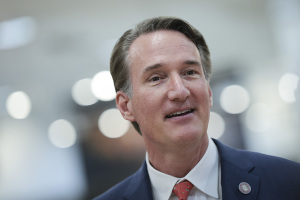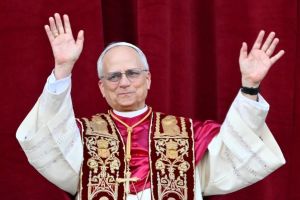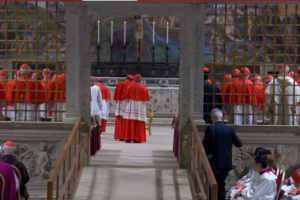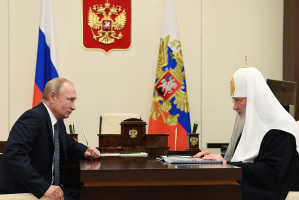Most Christian and Missionary Alliance leaders say qualified women should get pastor title too

A majority of leaders in the Christian and Missionary Alliance, a denomination with a statement of faith that lines up with the majority of evangelical Christianity, say qualified women in ministry should also be allowed to use the title “Reverend” instead of just men.
John Stumbo, CMA president, revealed in a recent statement that in the last two years, the denomination’s leadership engaged with some 3,000 Alliance leaders “from every district” in online and in-person events and found that many were dissatisfied with the outcome of the organization’s ordination process.
“One thing we verified is that our Alliance family has a fairly high level of appreciation for our consecration/ordination process but dissatisfaction with our consecration/ordination outcome,” Stumbo said.
“For example, we polled: ‘I feel that granting differing titles for the consecration and ordination process is appropriate for The Alliance.’ Only 26 percent said yes, while 61 percent no, 13 undecided,” Stumbo said.
Even though they complete the same level of training to work in ministry in the denomination, men received the title “Reverend” while women received the “CWM” or consecrated woman in ministry.
“A majority of us would like to see that changed,” Stumbo said.
Some 72% of leaders in the denomination also disagree with its policy that all pastors are considered elders, while 58% “agree with The Alliance position that Scripture teaches a male-only model for church elders.”
Denomination leaders were also divided on whether The Alliance’s policy gives women “Appropriate leadership.” Some 50% said the policy was appropriate while 40% didn’t think women got enough leadership, and another 10% felt women had “Too much leadership” in the denomination.
While any change that might come from these ongoing conversations about the denomination’s policies is not expected to happen quickly, Stumbo says the aim is to help the denomination better advance its mission of fulfilling the Great Commission through the local church.
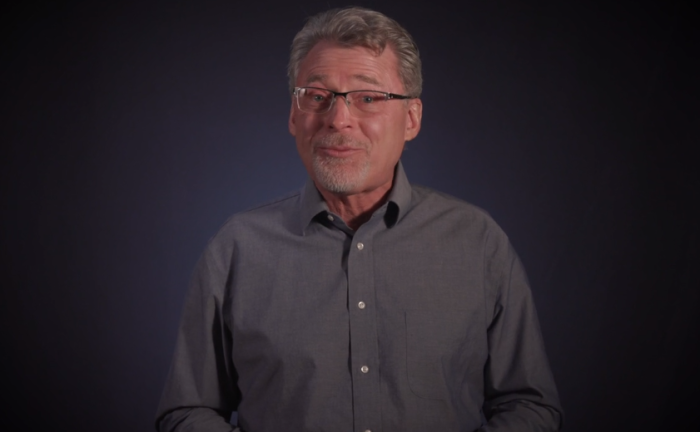
“We’re seeking to improve our policies in such a way that clears up internal confusion and, again, better serves mission advance. If our policies unnecessarily limit people from Kingdom service, are we not obligated to address that weakness? And we’re seeking to honor what we’ve heard from the family. We didn’t start the National Conversation with a predetermined outcome. We want to take a listening posture,” he said.
Stumbo said leaders will have further discussions on the findings of their listening tour at an Alliance Council meeting in Nashville beginning later this month. They will address: "Retaining male leadership — while limiting who would qualify as an elder; Titling — giving less influence to the national level and more to the districts and local churches; and ordination/consecration — retaining the significance of the process while removing the discrepancies of outcomes for men and women."
“We’re not moving fast, but I do believe we can move together with our policy manual in hand and our Bible on top of it, so to speak. We didn’t, nor will we, attempt the national exegetical debate on Pauline and other relevant passages. Some have thought that if we just open our Bibles together, we’ll all come up with the same conclusion. I don’t believe that to be accurate, because I’ve witnessed how deeply some of us have wrestled with the Scriptures, coming to different conclusions and holding those conclusions dearly,” Stumbo said.
“We’re continuing the conversation because we want to continue to listen to the Spirit together in community as to where He’s leading this moment. I know that our decision to continue the conversation disappoints some who are eager to see changes. However, I believe that any changes that are eventually adopted will have far greater receptivity and ownership if we are not pressed for a decision now,” he added.
About 500,000 people worship in 2,000 CMA churches in the U.S., according to the denomination’s website. The church also has 700 workers doing missionary work in 70 countries.
















